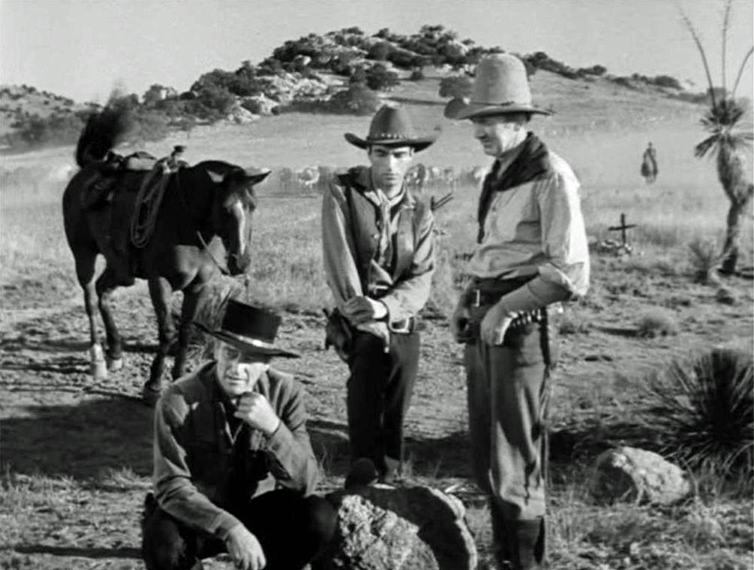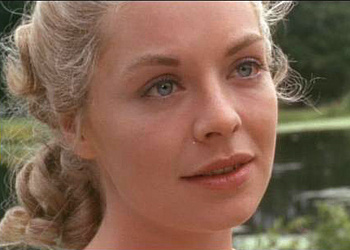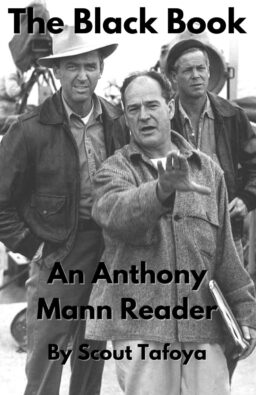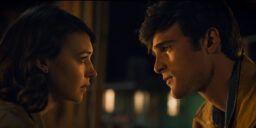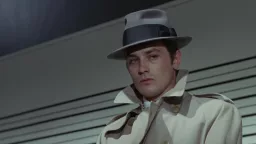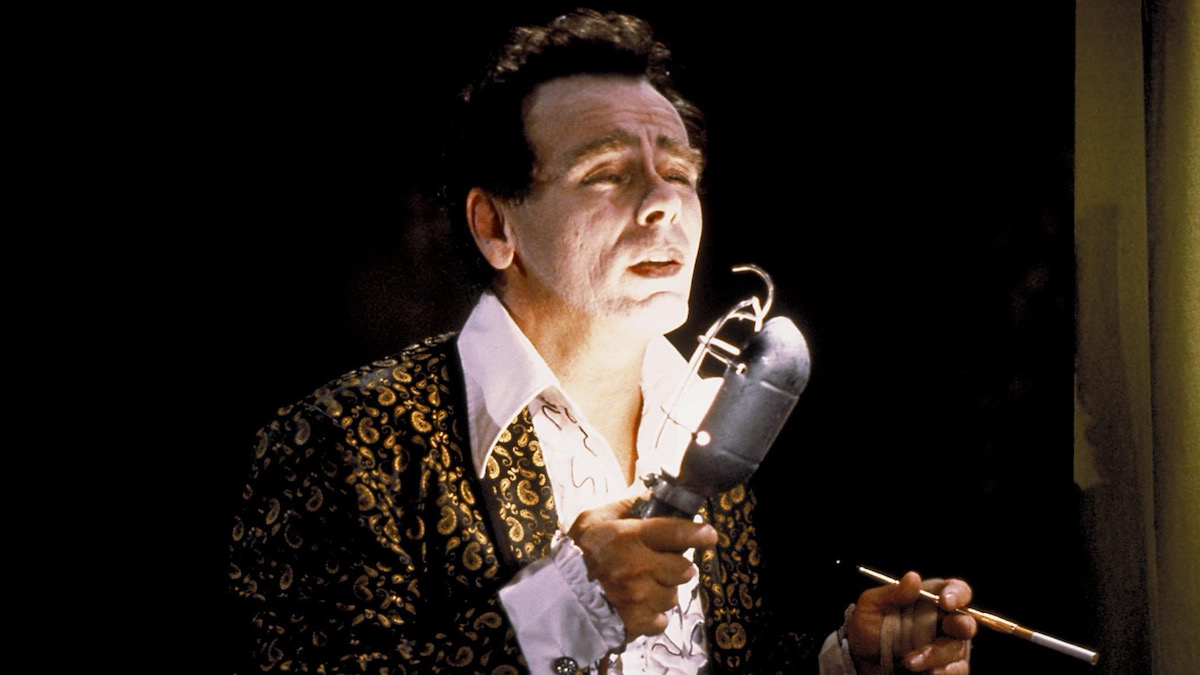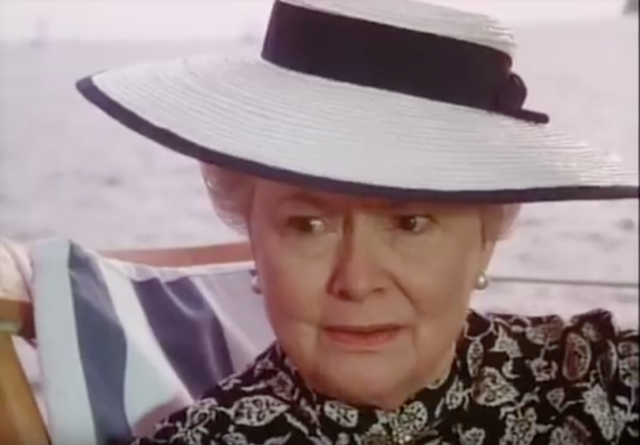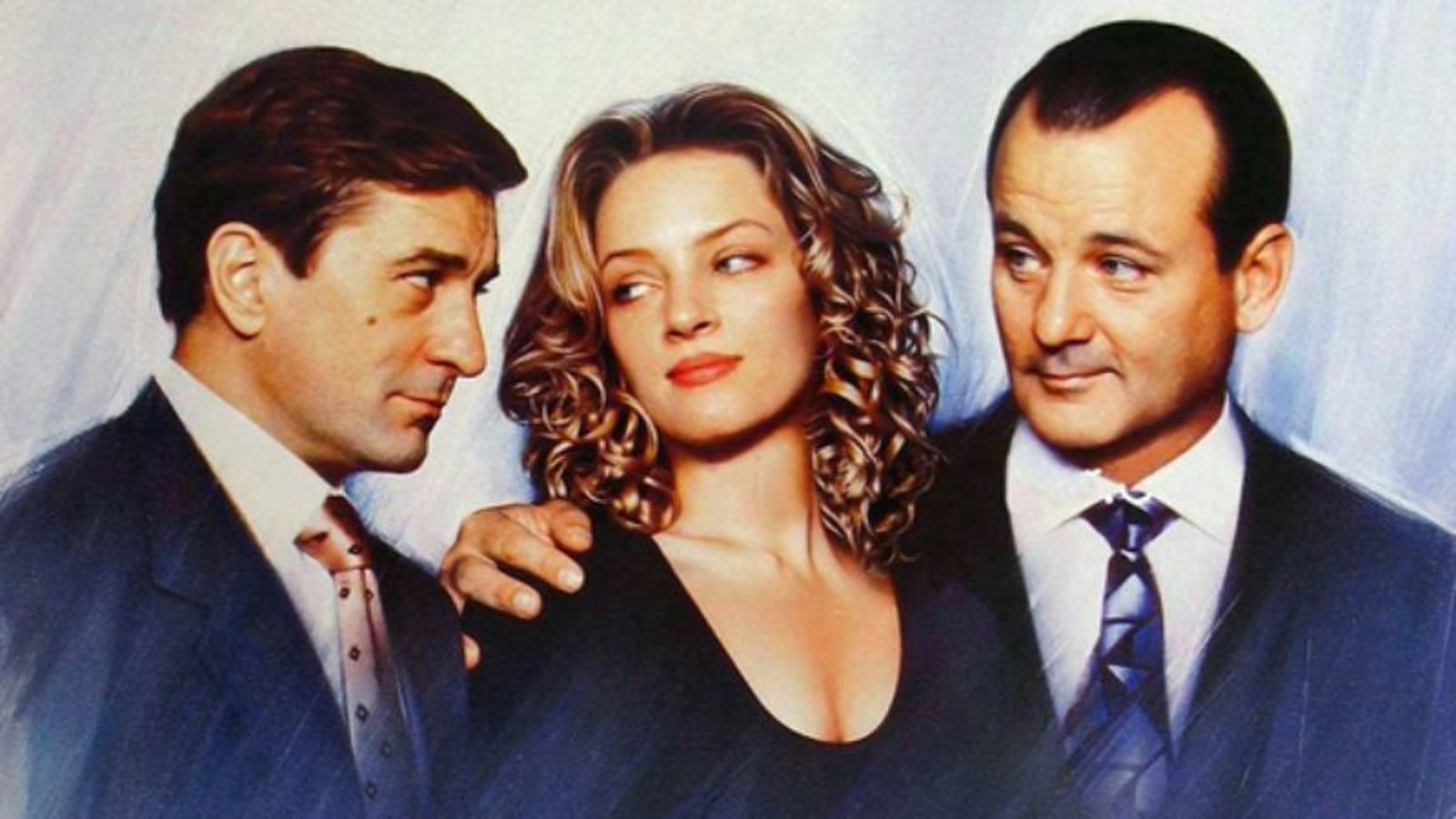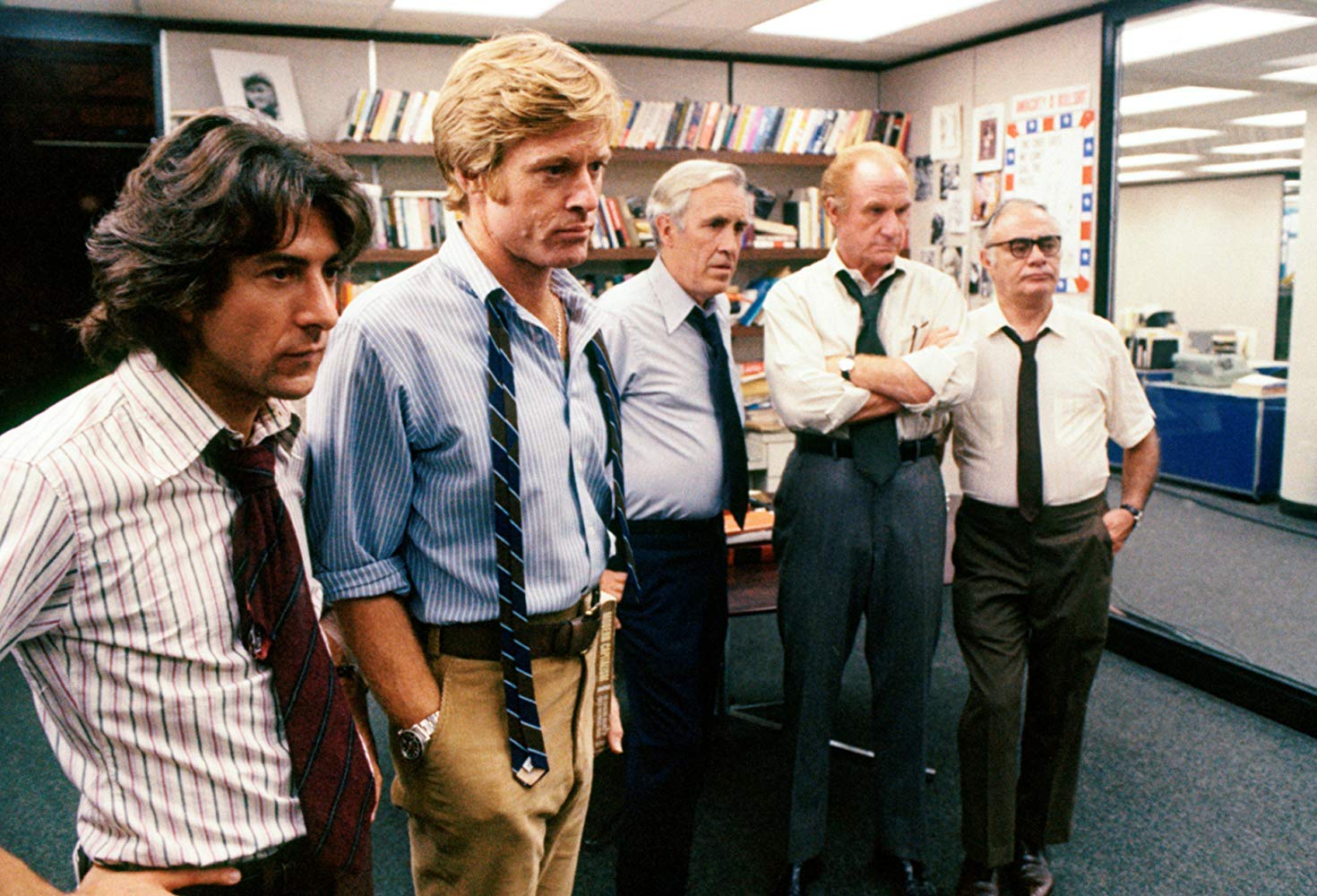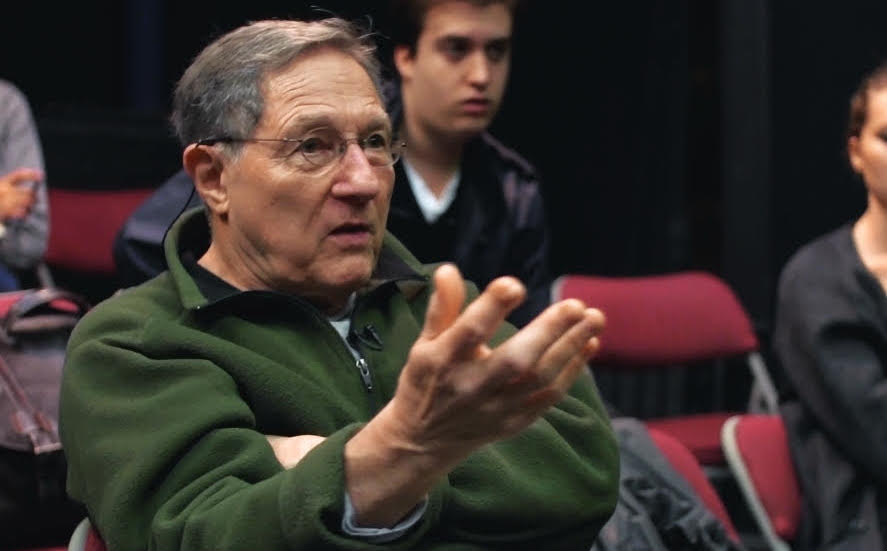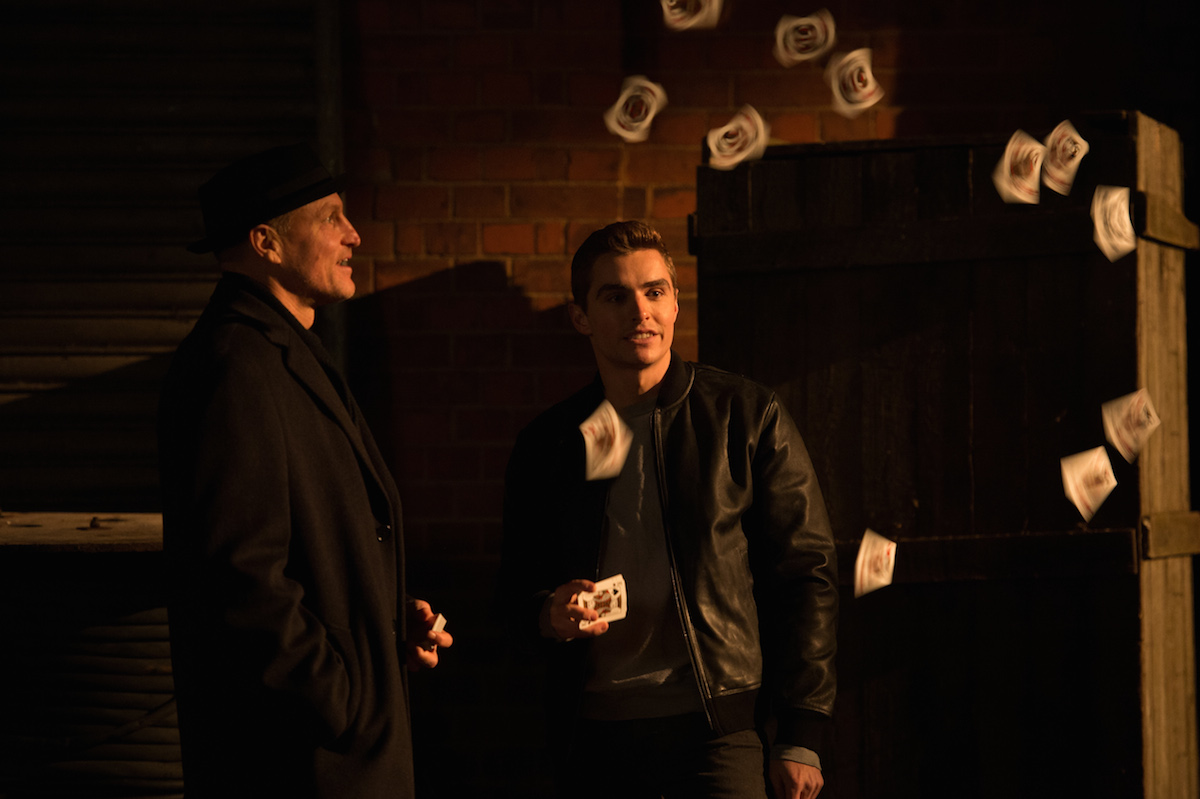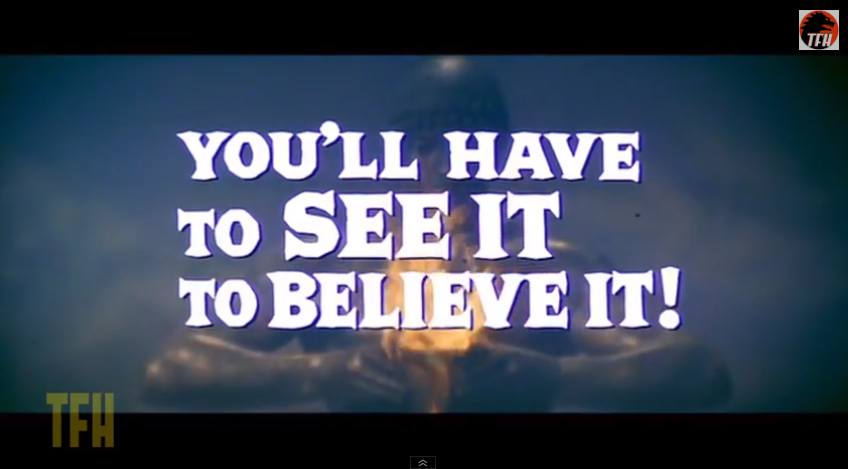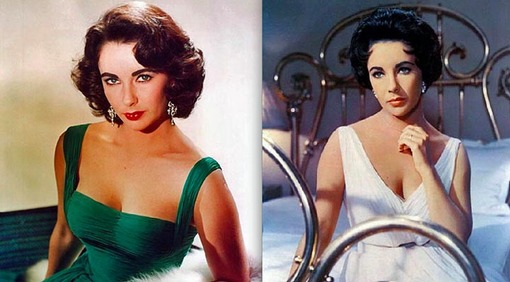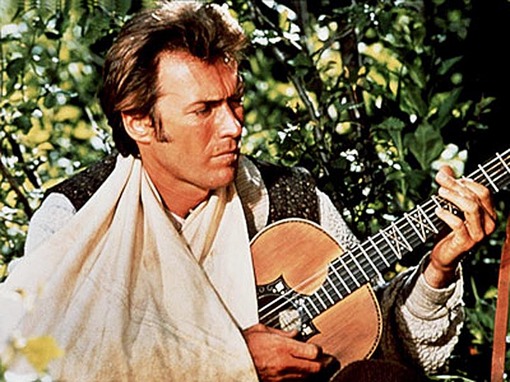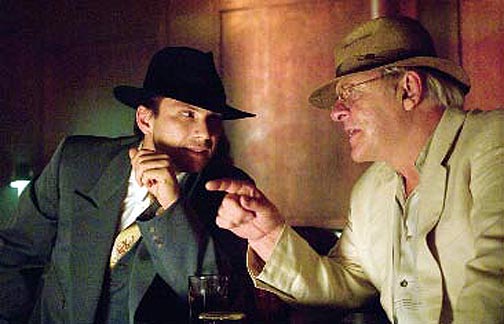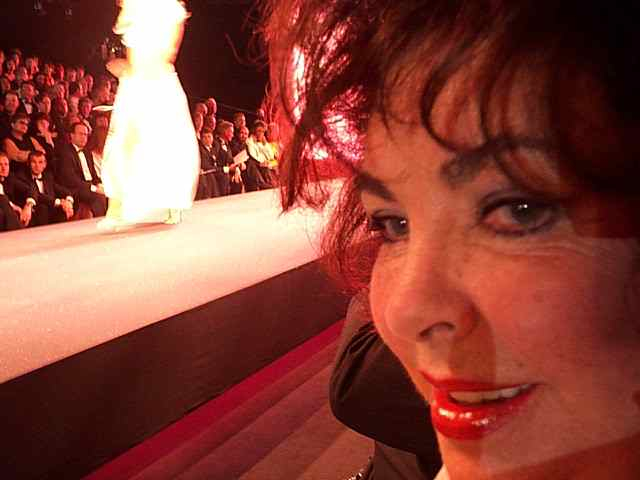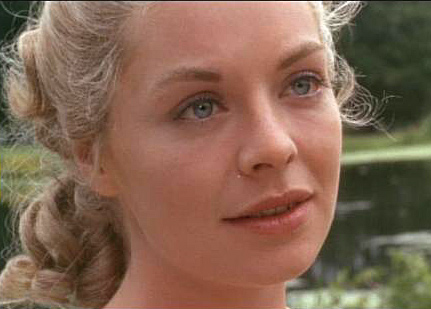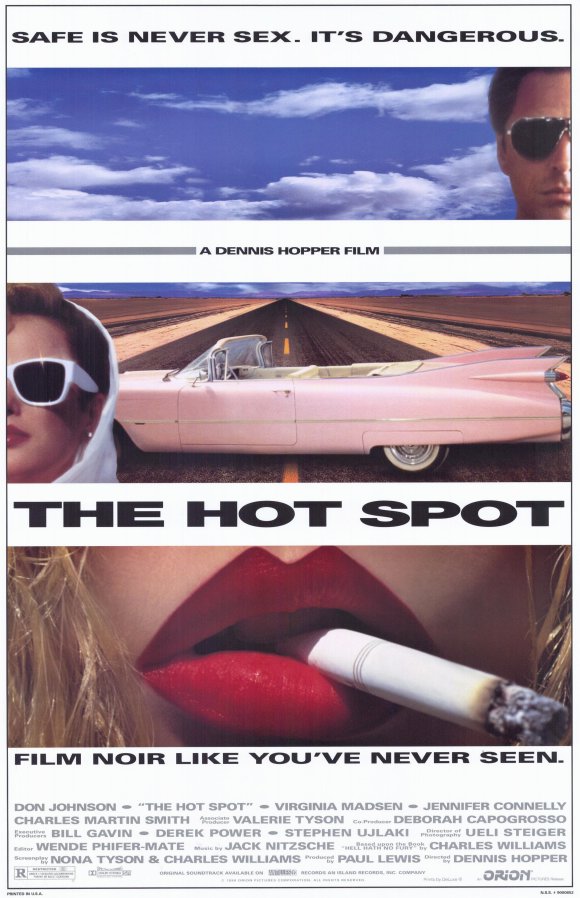Montgomery Clift Movie Reviews
Blog Posts That Mention Montgomery Clift
Susannah York, 1939-2011
Roger Ebert
Imagine: Film criticism on TV?
Jim Emerson
TIFF 2007: Robert Zimmerman Bob Dylan Revisited
Jim Emerson
Movies too personal to share with an audience
Jim Emerson
59th Karlovy Vary Film Festival Announces Official Selection and Juries
Isaac Feldberg
Book Excerpt: An Anthony Mann Reader by Scout Tafoya
Scout Tafoya
TIFF 2024: On Swift Horses, Meet the Barbarians, All of You
Monica Castillo
In Memoriam: Alain Delon
Farran Smith Nehme
The Mystery Was the Point: On the Life of Dean Stockwell (1936-2021)
Sheila O'Malley
Home Entertainment Guide: September 2021
Brian Tallerico
Olivia de Havilland: 1916-2020
Dan Callahan
John McNaughton on 1993’s Mad Dog & Glory, Directing Robert De Niro, the Loss of Luke Perry and More
Peter Sobczynski
The Best Current Source for Streaming Classic Movies is … Amazon Prime?
Sean Axmaker
Living Truthfully Under Imaginary Circumstances: Sam Schacht on Method Acting
Sheila O'Malley
The Magic Touch: Dave Franco on “Now You See Me 2”
Nick Allen
True Love Never Did Run Smooth: Rebecca Miller on “Maggie’s Plan”
Susan Wloszczyna
Bright Wall/Dark Room February 2016: “The Grace of Keanu Reeves” by Angelica Jade Bastién
The Editors
Who’s Who In Reviews: Sheila O’Malley
Chaz Ebert
Behold the Passion…the Spectacle…the Splendor of “Trailers from Hell”: An Interview with Joe Dante
Donald Liebenson
Traditions of Quality: Mark Cousins’ “The Story of Film: An Odyssey”
Brian Doan
Meet the Writers: Sheila O’Malley
The Editors
Who the Devil Made It is a feast of memories, history and tall
Roger Ebert
Elizabeth Taylor, pagan goddess
Jim Emerson
Shelley Winters: Queen of the watery demise
Jim Emerson
On actors who are too gay to be in the Musicals
Jim Emerson
CIFF: All our capsule reviews
Roger Ebert
Elizabeth Taylor, a star in a category of her own, dies at 79
Roger Ebert
Susannah York: In Memory
Roger Ebert
Brando was a rebel in the movies, a character in life
Roger Ebert
Hopper elicits cool era with his ‘Hot Spot’
Roger Ebert
Sean Penn moves around to other side of the camera
Roger Ebert
Popular Reviews

The best movie reviews, in your inbox
